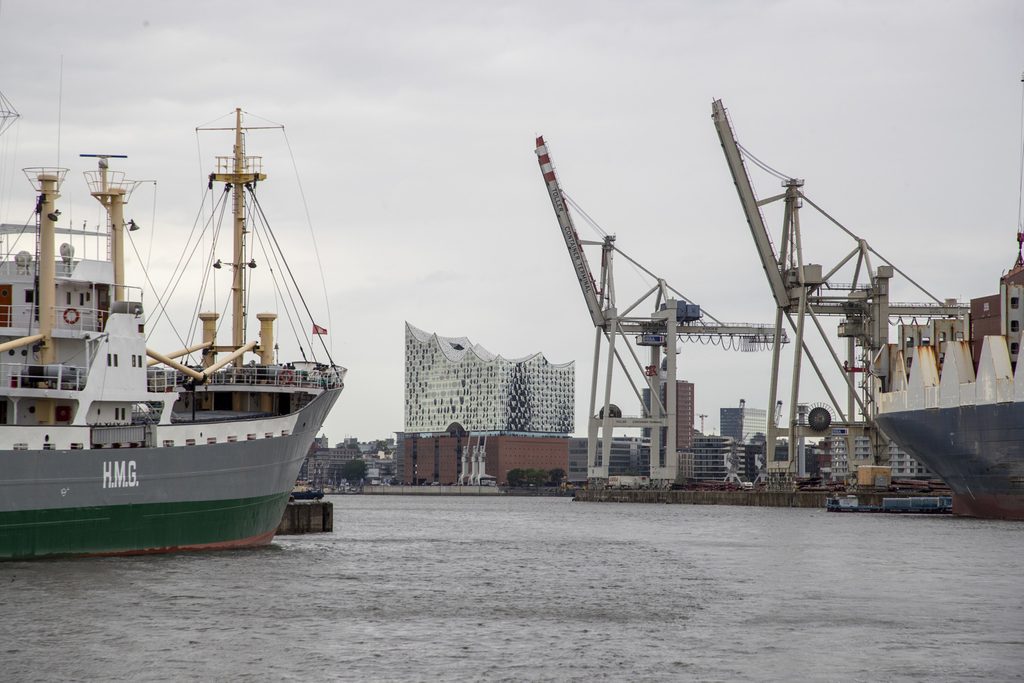Half of the ships do not comply with employment contracts, it emerged on Tuesday from an inspection in Antwerp and Zeebrugge organised by the ACV-Transcom union and the International Transport Workers’ Federation (ITF).
According to the port magazine Flows, the list of breaches found is “worrying for safety” – particularly as records and rest times are being tampered with. The checks were carried out on both car-carrying freighters and container ships. The results are in contrast to the “fantastic job” done by the Belgian Shipping Inspectorate, said Christian Roos of the Christian trade union ACV.
“Between the end of August and the beginning of September, we checked around 25 boats,” Roos stated. “None of them were entirely in order.” But despite the disappointing findings, Roos and his colleagues did not identify any serious issues that would lead to ships being detained.
On a ship, rest hours must be officially recorded. “Previous investigations have already shown that many adjustments are made to the registers,” Roos warned. Disregarding the registers is against international regulations. On 13 of the 25 cargo ships inspected it was found that registers had been tampered with.
Related News
- Rise of 'ghost tankers' represents 'a new threat', insurer warns
- Smoke and wind: Burning cargo ship off Dutch coast not towed this weekend after all
In eight of the 25, wages had not been paid in full, with outstanding payments deferred until a later date. Almost all the ships assessed were sailing under the flags of Panama, Liberia, Malta or Madeira, which are considered to be “cheap” carriers.
In a quarter of the cases, the staff had even been on board too long and the maximum duration of the contract had been exceeded. This even required several sailors to be evacuated. Roos criticised the lack of oversight: “There was even one person who had been at sea for 11 months.”
Boat kitchens were a common problem zone. One in three boats had problems with provisions: rotten vegetables, empty fridges, abnormal build-up of ice and mould. “Not all countries follow the rules as well as Belgium,” concludes Christian Roos, who believes that more controls should be carried out.

